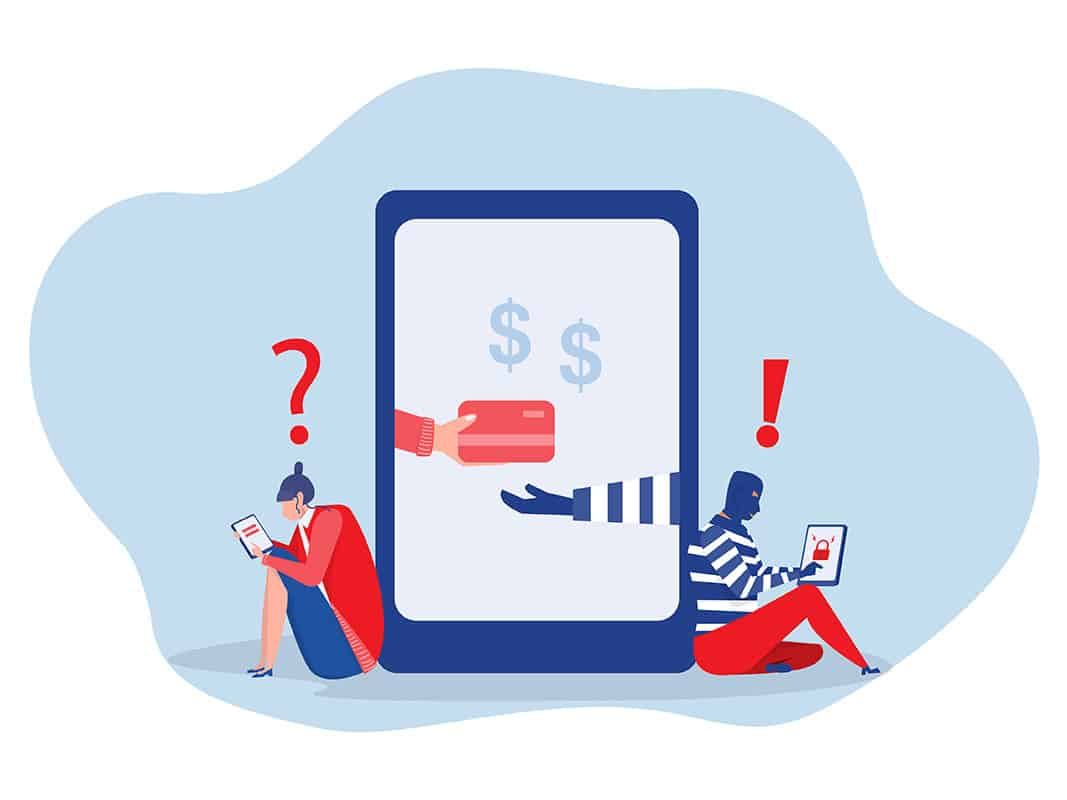
20 Aug SMS Security: Protecting Your Business and Customers
Key Takeaways
- Why SMS security matters for businesses and customers.
- Common SMS security threats.
- Best practices to secure your SMS marketing campaigns.
In the world of digital communication, SMS marketing stands out as a powerful tool—direct, fast, and effective. However, with this power comes the responsibility to ensure these communications are secure. This post explores why SMS security is essential, the common threats businesses face, and best practices to keep your SMS marketing campaigns safe.
The Importance of SMS Security
In today’s digital world, security breaches and data leaks are all too common. Protecting SMS communications is a must. It’s about trust. Customers expect businesses to protect their personal information. Any breach can destroy trust, bring legal issues, and cause financial losses.
Mobile devices are everywhere, making SMS a popular communication method. This popularity also makes it a target for attackers. The security of your SMS marketing is crucial—not just for the success of your campaigns but for protecting your customers’ personal information. Breaches can lead to identity theft, financial fraud, and other problems, damaging your brand’s reputation.
Building Trust with Customers
Trust is the foundation of any business relationship. When customers share their phone numbers, they expect their information to be handled carefully. Ensuring SMS security shows your commitment to their privacy. This builds loyalty, which is key for long-term success.
Compliance with Regulations
Data protection laws are strict worldwide. In Australia, the Australian Privacy Principles (APPs) set guidelines for handling personal information. Not following these can result in heavy fines and legal problems. Prioritising SMS security ensures your business complies with these laws, avoiding potential issues.
Common SMS Security Threats
Understanding the threats is the first step to protection. Here are some common SMS security threats:
- Phishing Scams: Fake messages tricking recipients into giving out sensitive information.
- SMiShing: SMS-based phishing, luring recipients to click malicious links.
- Data Interception: Unauthorised interception of SMS messages.
- Spoofing: Impersonating trusted entities to steal information.
Phishing Scams
Phishing scams are common and dangerous. They look like messages from legitimate sources, such as banks, and create urgency. When recipients click a link or provide information, their data is compromised.
SMiShing
SMiShing targets SMS users with malicious links. Clicking these links can install malware or lead to fraudulent websites. With mobile devices everywhere, SMiShing is a significant threat to individuals and businesses.
Data Interception
Data interception happens when unauthorised parties capture SMS messages during transmission. This can occur due to weak mobile networks or unsecured channels. Intercepted messages give attackers access to sensitive information.
Spoofing
Spoofing involves attackers pretending to be trusted entities, changing sender information to look legitimate. This tricks recipients into sharing personal information.
Best Practices for Securing Your SMS Marketing Campaigns
To protect your business and customers, follow these best practices:
- Use Trusted Providers: Choose reputable SMS service providers with strong security features.
- Encryption: Encrypt messages during transmission to prevent interception.
- Authentication: Use two-factor authentication (2FA) for extra security.
- Regular Audits: Conduct regular security audits to find and fix vulnerabilities.
- Educate Customers: Inform customers about threats and how to recognise fake messages.
Use Trusted Providers
Select a reputable SMS service provider. Trusted providers use advanced security measures like secure APIs, data encryption, and strong authentication to keep your messages safe.
Encryption
Encryption is key to SMS security. Encrypting messages during transmission ensures that even if intercepted, they cannot be read by unauthorised parties. End-to-end encryption makes sure only the sender and recipient can access the message content.
Authentication
Two-factor authentication (2FA) adds extra security to SMS communications. Requiring users to provide two forms of identification reduces the risk of unauthorised access, even if a password is compromised.
Regular Audits
Regular security audits are essential. They identify and fix vulnerabilities, ensuring your SMS marketing campaigns stay secure. Audits should examine both internal processes and your SMS service provider’s security measures.
Educate Customers
Educate your customers about SMS security threats and how to spot fake messages. Provide guidelines for identifying legitimate messages from your business and encourage them to report suspicious activity. Awareness helps customers protect themselves and reduces successful attacks.
To sum up
Prioritising SMS security is crucial. By understanding common threats and following best practices, you can secure your SMS marketing campaigns. Protecting sensitive information builds trust with your customers and ensures compliance with regulations.
For secure SMS solutions, contact touchSMS today. Our experts can help you implement strong security measures to safeguard your SMS marketing campaigns.

